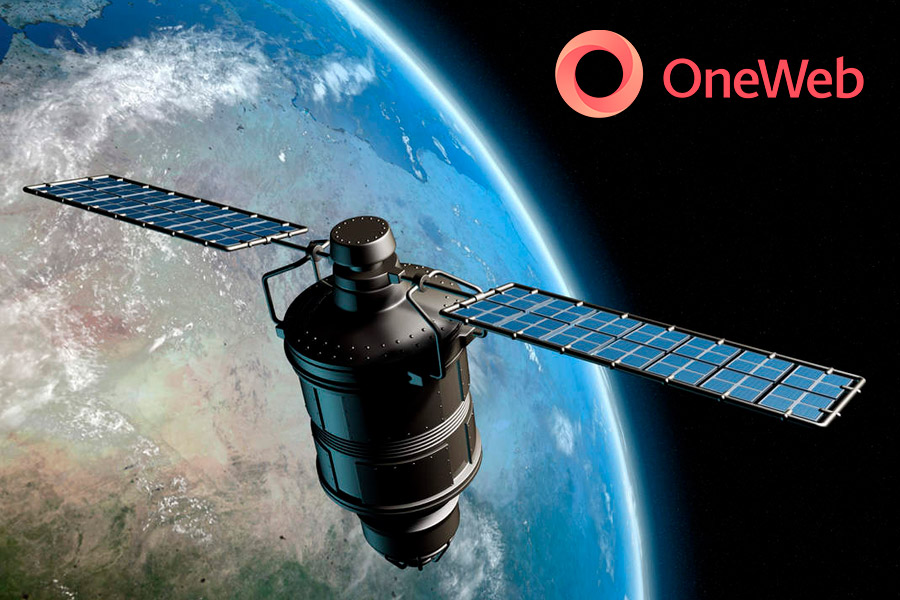OneWeb Cluster 70% Complete After India Launch
25th Oct 2022
OneWeb has finally launched its next batch of satellites into space after a long pause since March when the Russia and Ukraine war began. The 36 satellites were lifted off into Low Earth Orbit (LEO) by NewSpace India Limited (NSIL) – an ISRO company – at the Satish Dhawan Space Centre (SDSC- SHAR) in Sriharikota, India, on 23rd October at 12:07 am local time.
The 14th launch is significant for OneWeb, as several delays pushed back the British company’s plans to finish its 648-satellite cluster for high-speed, low-latency connectivity across the globe by 2022. While the company expects to deliver the service in 2023 now, the launch notched the cluster to more than 70% completion.
Launching the cluster
The launch marked the fifth flight for the ISRO’s vehicle, called LVM3, which is a three-stage rocket built for taking satellites into geostationary orbit, usually only for government entities. Each satellite weighs 150 kilograms – totaling 5,796 kilograms – and they were successfully launched to a circular LEO of around 601 kilometers with an 87.4-degree inclination, the ISRO claimed. According to Shri. Somanath S, Secretary, Department of Space and Chairman, ISRO: “This is the first-ever commercial launch of LVM3 with a heavy payload to LEO. The LVM3 was conceived primarily for launching geostationary satellites with a payload capacity of 4T, which can be used for launching 6T payloads for LEO.”
According to the Indian space agency, separating the satellites involved a “unique maneuver of the cryogenic stage to orientation and re-orientation,” which took place over 75 minutes. OneWeb confirmed ground stations received signal acquisition with every satellite.
Now there are only four more launches to go for OneWeb, and once completed, user terminals will be capable of offering 3G, LTE, 5G, and WiFi coverage by air, sea, and land.
OneWeb and its partnership with India
The ISRO said that this launch was one of the “biggest commercial orders” executed by the space agency and pushed the LVM3 into the “global market in a grand manner.” While India is not new to the industry, the nation has been inching towards becoming a more robust global space power in recent years. Rajeswari Pillai Rajagopalan, space and security director at the Observer Research Foundation in New Delhi, told the Associated Press that the launch is particularly important for India as it depicts the nation’s opening of its space agency to private customers. Further, Rajagopalan said India is experienced in launching smaller satellites, but this launch proves its capability of larger launch services.
OneWeb’s launch is also part of a broader commitment to provide connectivity across India by 2023. “From Ladakh to Kanyakumari and Gujarat to Arunachal Pradesh, OneWeb will bring secured solutions not only to enterprises but also to towns, villages, municipalities, and schools, including the hardest-to-reach areas across the country. OneWeb’s commitment to enhance connectivity in India is backed by Bharti Global, its largest investor”, the company said.
Delays from the Russia attack on Ukraine
Like the rest of the space industry, the war that erupted in February this year dramatically impeded OneWeb’s operations. In March, OneWeb was about to launch its next lot of 36 satellites on a Soyuz rocket from Baikonur when the Russian government imposed several conditions on the launch, such as forcing the British government to slash its stake in the company. Due to the government declining these conditions, all launches were suspended from the Cosmodrome and were put on hold until now. While this has pushed back the timeline, OneWeb is still confident in its plan to complete the project in 2023.





Thank you for your comment! It will be visible on the site after moderation.